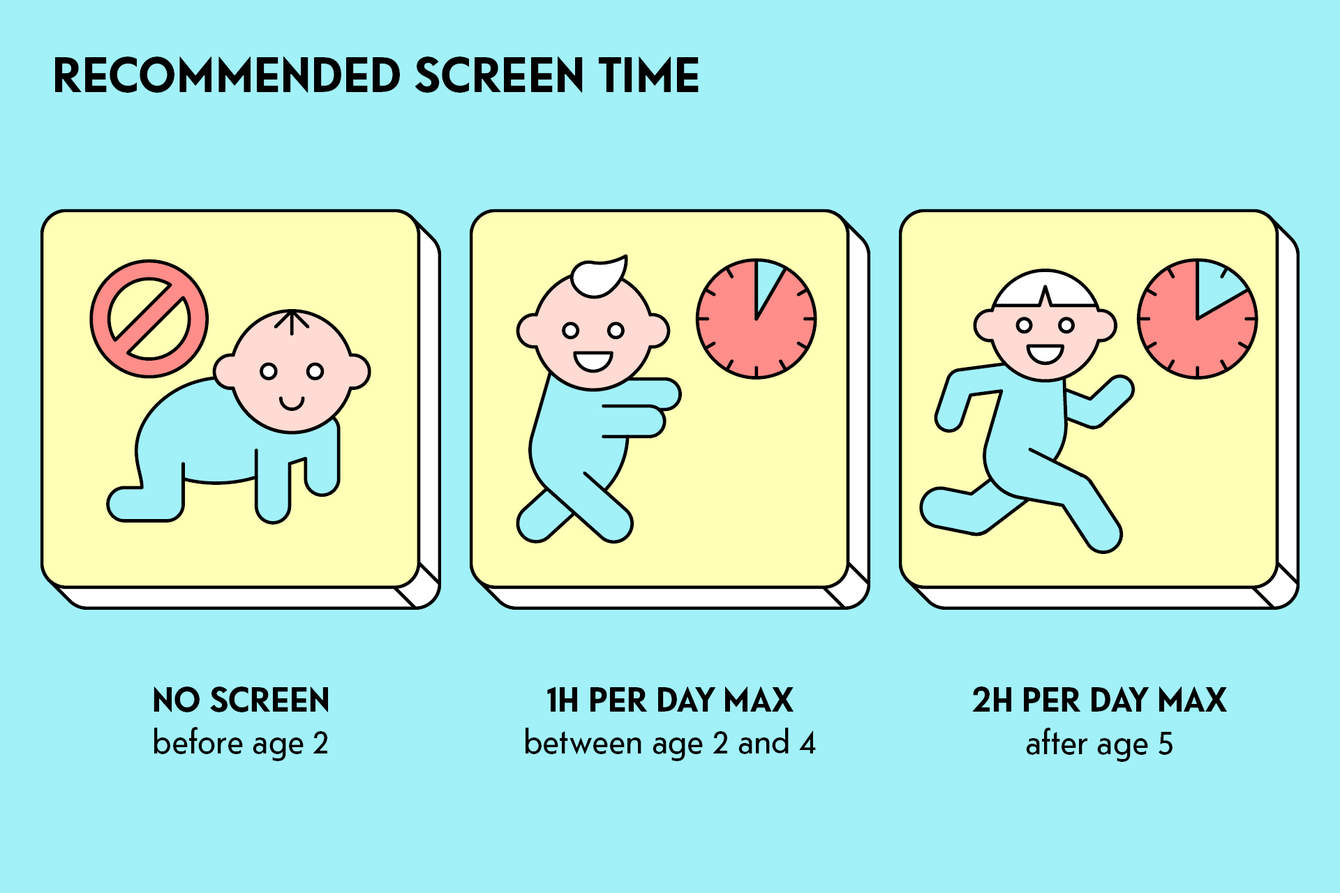
“Some children don’t speak but repeat what they hear on YouTube”
Publié il y a 2 mois
25.02.2025
Partager

“Excessive screen usage is not the cause of all problems. But it is certainly an aggravating factor for the other challenges”, says child psychiatrist Olga Sidiropoulou, medical manager of the Therapeutic Day Centres for Children in Lausanne. These institutions accommodate children aged from 2 to 12 years old who suffer from psychiatric disorders and psychomotor development disrupting their schooling.
The World Health Organization recommends not exposing children under 2 years of age to a screen. Indeed, prolonged screen time has a detrimental impact on children’s mental health and cognitive, social and physical development. “Screen exposure can delay the development of language, induce attention problems and poor concentration”, observes Olga Sidiropoulou. For example, two- or three-year-olds who do not speak but repeat stereotypical phrases or expressions they heard in YouTube videos.”

A misperception of social codes
It has also been shown that excessive screen usage can cause problems with sleep, vision, as well as posture and lead to excessive weight. Moreover, when they are in front of a screen, children are not in direct contact with other people, which can limit their social skills. “Social codes are acquired through interaction; the more isolated a child is behind a screen, the less exposed he or she is to this natural learning process.” Also, what is shown in cartoons or science fiction can blur the perception of normal social relations and social codes. “This can mean that a child may no longer know how to ask a friend to play with him. These are extreme cases, but they are becoming more common.”
The risk of addiction
With regards to violent video games, which are “very stimulating, very fast and popular with older children”, research shows that they can induce attention and aggression disorders. “As for social networks, they can lead to anxiety, low self-esteem and depression. Not to mention that the risk of addictive behaviour towards these contents and games is very real.”
Long-term effects
However, the long-term effects on the brain, memory, cognitive abilities and emotional and mental disorders are still poorly understood, the doctor explains. “It is also not clear what the effects of screen exposure are on academic achievement or IQ, nor what role screens play in relation to other factors such as genetics and family environment.”
The potential benefits to children, which are understudied, are also unknown. “For example, how can they help children with sensory disabilities or suffering from certain diseases, especially through remote communication? I remain optimistic.”


![[Translate to Anglais:] IMAGE: ERIC DUBOST/ALAMY](https://www.invivomagazine.ch/fileadmin/_processed_/6/c/csm_Olga_Sidiropoulou_c_Eric_Dubost_slash__Alamy_2294874aef.jpg)
![[Translate to Anglais:] [Translate to Anglais:]](https://www.invivomagazine.ch/fileadmin/_processed_/a/3/csm_LN_INVIVO_Stress_02_140b28d03c.jpg)